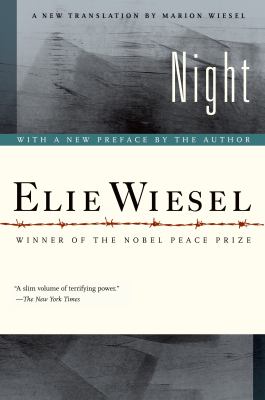
Saul Bellow (1915 — 2005) was an American writer, known as the spokesman of American contemporary literature. Born in 1915 in Racine, a suburb of Montreal, Canada, to Jewish immigrants from st. Petersburg, Russia. In 1924, the family moved to Chicago, USA. He attended the University of Chicago in 1933, and two years later transferred to Northwestern University, where he graduated in 1937 with a bachelor’s degree in sociology and anthropology. In addition to the occupation as an editor, journalist, and merchant navy, Bellow spent most of his time as a college professor. He received honorary doctorates from Harvard, Yale, and Northwestern universities. Bellow wrote and published 11 novels, 3 novellas, 4 short stories, and a play. In addition, he also published three non-fiction works, such as travel notes, essays, and speech collections.
The protagonists in Bellow’s works all desire to pursue a better life and the meaning of life. Even Maggie, who is in a wandering situation, dreams of starting an orphanage. The pursuit of the perfect self and social life translates into the ideal of Bellow’s heroes. However, life not only rewards them with incentives but more often stabs them in the back without them noticing. Hence, most of the characters exemplify escapism from the harsh reality that is imposed upon them. There is an inescapable paradox between their search for freedom and their flight. Just as they dream of playing the noble role of helping the world and saving the common, they are also victims of the cruel world.
-Coreen C.
The works of Saul Bellow are available for checkout from the Mission Viejo Library.



